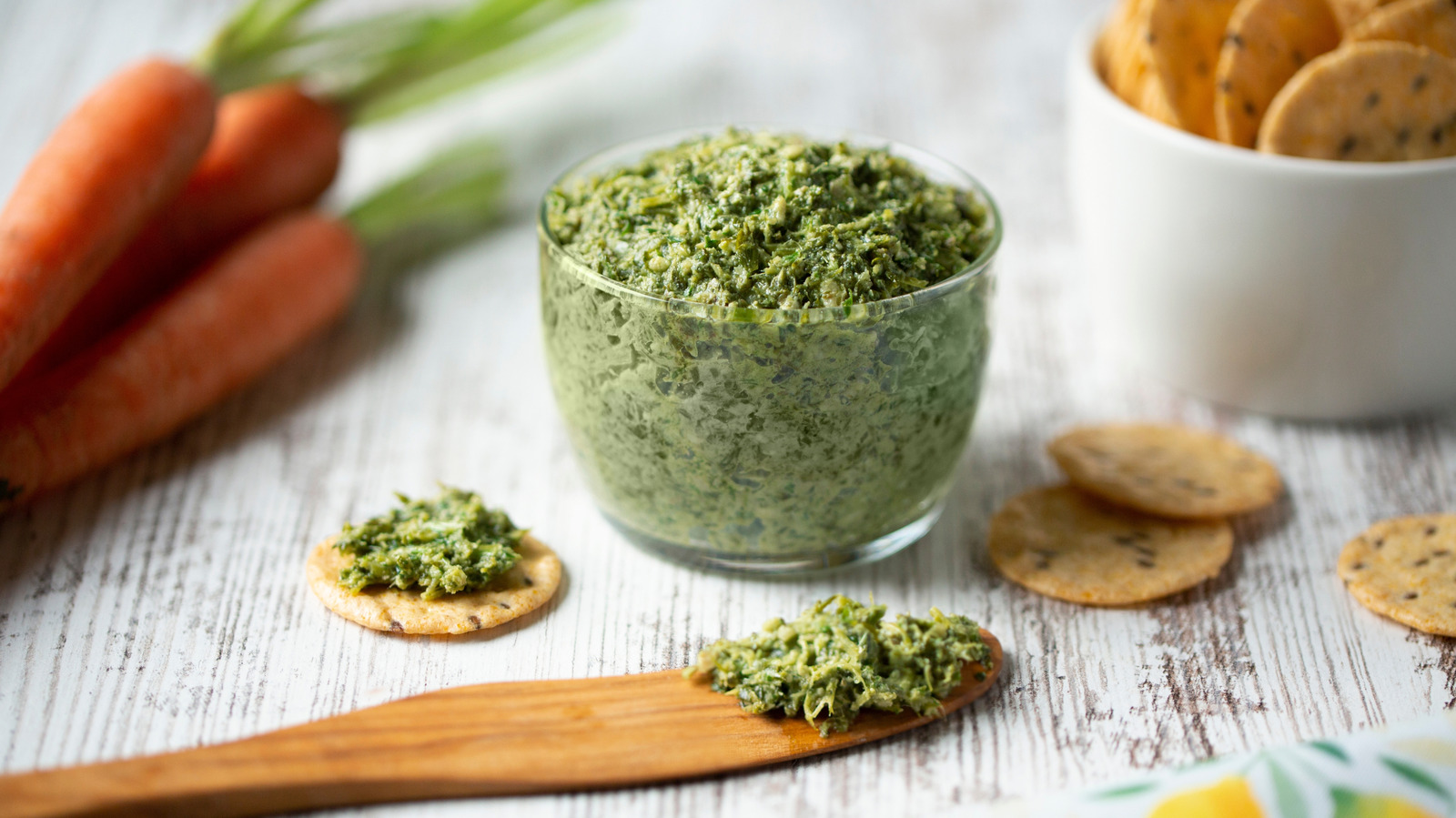
The last time you grabbed a bottle of white vinegar to utilize in your kitchen , you probably weren't thinking about the long and eventful sequence of human history leading to that very moment. The humble product, which is created through the twofold processes of fermentation plus acetification, is not a new invention by any means. Those with good culinary literacy may have heard of old-timey vinegar pie or of our forefathers pickling all the things.
It's vinegar! It's been around forever, right? While vinegar being old is embedded in cultural awareness — there are several references to it in the Bible — most people are likely unaware of just how very (very) old it actually is. The stuff is not just retro; it's positively ancient. Vinegar is actually one of humanity's oldest foods, with its origins dating back somewhere between 4,000 and 7,000 years ago.

Vinegar has been around for thousands of years Like many fermented ingredients, the first vinegar was probably the result of an accident. It has been posited that someone's wine went bad, and people discovered that the end product was still pretty tasty. Michael Harlan Turkell, author of "Acid Trip: Travels in the World of Vinegar," told The New Yorker , "It's not like we can talk to the Babylonians, but there's no way that vinegar was made with intent.
" Those Babylonians lived around 5000 B.C., and they left writings detailing the use of vinegar.
Two thousand years later, the Egyptians also had access to vinegar, as vestiges of it were found in their pottery. The precise origins of vinegar — who made it, and how did they do it? — have been lost in the passage of millennia, but the hints inform us that it came around very long ago. References to vinegar pop up through the annals of history across multiple global regions and periods; different cultures concocted vinegars of different hues and flavors.
They used it as a condiment, to combat the repulsive stenches of daily life, and to develop cuisine, like sushi and preserved meat. They discovered it could be used as a solvent. Gradually, vinegar made its sour, strong-smelling way from antiquity into modern times.
Like its history, vinegar itself is close to timeless. It doesn't really go bad or spoil , which was doubtlessly useful in an age before refrigeration. We use vinegar differently today than in ancient times.
Vinegar was once used as a beverage, often mixed with water. Physicians of old considered it salubrious, prescribing vinegar consumption for unusual reasons, such as to soothe coughs and assist in the digestive process. Nowadays, drinking plain vinegar isn't considered fashionable, although some folks believe that a shot of apple cider vinegar a day keeps the doctor away.
It has been discovered that vinegar's utility far and away exceeds just flavoring food — although we still munch on salt and vinegar chips like nobody's business. A trusty bottle of cheap, accessible white vinegar is an effective natural disinfectant for cleaning, an insect repellant, an eater of undesirable laundry odors, and even a great way to bring shine to your hair in the shower. And there's no doubting that balsamic vinegar improves the flavor of almost anything it touches.
Next time you reach for that vinegar, spare a moment to reflect on its multi-thousands of years of history, which contains some of the coolest lore in the kitchen..














